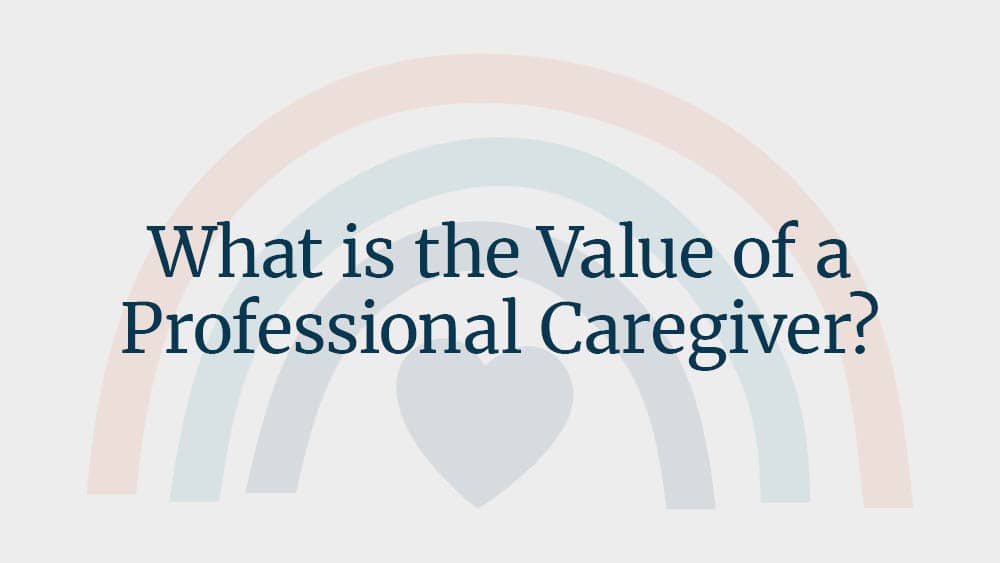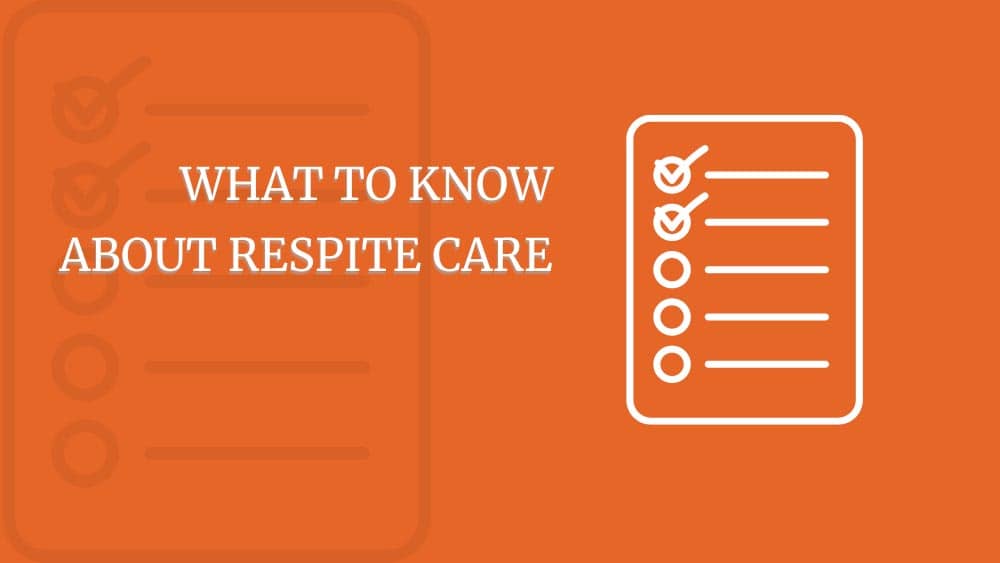

National Family Caregiver’s Month: A Guide to Caring for Others While Honoring Yourself
National Family Caregiver’s Month is celebrated throughout November to honor and recognize the work of family caregivers in the United States. It is an opportunity to raise awareness about caregiving issues, educate communities, increase support for caregivers, and empower caregivers to make their needs known. This attention toward resources and services available for family caregivers will help support their general health and well-being.
Who Are Family Caregivers?
Family caregivers belong to a selfless community dedicated to supporting aging parents, spouses, and loved ones. According to the U.S. Bureau of Labor Statistics, 37.1 million Americans share their time, energy, and hearts to care for our aging seniors. Although these caregivers experience many challenges, they also experience profound connections with those they care for as they try to maintain a balance in their lives.
If you are a family caregiver, it is possible to honor your relationship with your older loved one while maintaining your well-being. Read on to find out how relying on a system of support, understanding caregiving strategies, and knowing which resources are available will help.
Taking Care of the Caregiver
First things first: The best care begins with one important truth. Taking care of yourself is not selfish; it is necessary. The better you care for yourself, the better the quality of care you will be able to give. Remember that you have limits and that when in doubt, you should seek help, even if your loved one protests. Maintain parts of your life that don’t include caregiving and accept that it’s normal to experience complicated feelings like anger or depression. Most importantly, take pride in your accomplishments and protect your right to maintain your own identity and future.
Practical Strategies To Care for Your Loved One
Balancing daily life with your responsibilities as a caregiver requires a solid foundation that works for you and your older loved one. Consider these caregiving strategies:
- Develop a daily routine that works for both of you.
- Keep medical information in a centralized location that is easy to access.
- Set up a support network of family, friends, and professionals.
- Use technology to help with medication management and appointment setting.
- Make use of respite care services when they are needed.
These strategies will help you find the space you need while maintaining the high-quality care your loved one deserves.
Available Resources for Family Caregivers
While you may face many challenges as a family caregiver, you do not have to face them alone. Dozens of resources are standing by to assist. Here’s a list of some of them.
Government programs: The U.S. Department of Health and Human Services provides help to take care of yourself or a loved one through the following websites:
- MedlinePlus® – Detailed caregiver information in English and Spanish.
- Medicare.gov – Resources just for taking care of a Medicare beneficiary.
- National Institute on Aging – Information tailored for caregivers.
- Alzheimers.gov – Information for caregivers of people with dementia.
Practical, direct support services:
- Meals on Wheels – Addresses senior hunger and isolation with over 5,000 community-based programs across the U.S.
- Independent Transportation Network – Nonemergency transport services.
- Aging Life Care Association – Connects families with professional geriatric care managers.
Educational and advocacy organizations:
- National Council on Aging – Education and benefits assistance.
- Adult Children of Aging Parents – Supports family members who care for an aging parent.
Condition-specific support:
- Alzheimer’s Association – Resources specifically for dementia caregivers.
- Family Caregiver Alliance – Services for those who care for adults with various physical and cognitive conditions.
Navigation and planning resources:
- CareNav – Suggests customized resources to support caregivers.
- Family Care Navigator – Links caregivers with resources in their state.
- National Elder Law Foundation – Helps find certified elder law attorneys for families.
For additional caregiver resources, guides, and expert advice, visit Right at Home’s comprehensive Resources Library at rightathome.net/resources. There, you’ll find valuable information about aging in place, caregiver support, and specialized care needs.
Remember To Make Balance a Priority
The most effective caregivers are not the ones who never struggle. Instead, they are those who learn to balance caring for others while at the same time honoring their needs. This month, during National Family Caregiver’s Month, make that balance a priority. Be it a weekly coffee with friends, a regular exercise routine, or just claiming a few quiet moments each day, these acts of self-care are not selfish; rather, they’re very important investments in your ability to care for others. Take small steps toward self-care, join others who understand this journey, and remember that asking for help is a sign of wisdom, not weakness.
How Right at Home Can Help
Right at Home offers a wide range of in-home care services. Our professional caregivers can provide light housekeeping, medication reminders, transportation to appointments, and help with ambulation and hygiene. Use our office locator to find your local Right at Home and ask for a FREE care consultation today.
Interested in receiving ongoing information, advice, and tips related to the aging journey? Subscribe to our monthly Caring Right at Home e-newsletter today!







